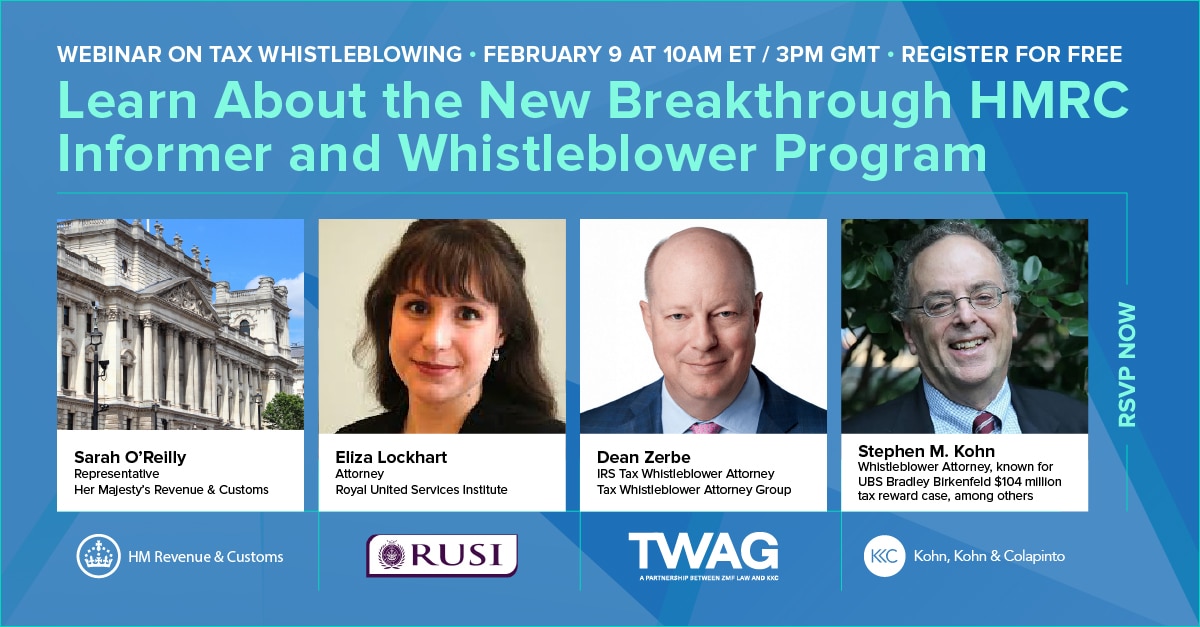The Government’s Ability to Combat Fraud is on the Line in Supreme Court Case

On April 18, the Supreme Court will hear oral arguments in the case combining two Seventh Circuit Court of Appeals cases: U.S. ex rel. Schutte v. SuperValu, Inc. and U.S. ex rel. Thomas Proctor v. Safeway, Inc. The landmark case will have tremendous implications for the future efficacy of the False Claims Act (FCA), the United States’ most important anti-fraud law.
“This is among the most important False Claims Act cases that the Supreme Court will hear. The future viability of the law is in the balance,” said leading whistleblower attorney Stephen M. Kohn of Kohn, Kohn & Colapinto.
In a new article for JD Supra, Kohn, Kohn & Colapinto Public Interest Fellow Kayla Conti outlines the background of the case and the implications for the future of the FCA. “The Supreme Court will be deciding how the word ‘knowingly’ should be interpreted under the scienter prong of the False Claims Act,” Conti writes. “While their decision will dictate whether SuperValu and Safeway successfully make off with taxpayer money, there is much more at stake. The Supreme Court’s decision will either solidify the False Claims Act as one of this country’s greatest anti-fraud tools or cripple its ability to prosecute and deter fraud.”
On behalf of the National Whistleblower Center, Kohn, Kohn & Colapinto filed an amicus curiae brief in the case. Referencing historical materials pulled from the National Archive, the brief argues that the Congressional intent behind the False Claims Act was to hold fraudsters liable based on the subjective intent to commit fraud, regardless of statutory or contractual ambiguity.
According to KKC’s brief, “a review of the contracts and vouchers paid by the U.S. Congress when drafting the False Claims Act demonstrates, incontrovertibly, that liability for defrauding the government was meant to be based on subjective bad faith regardless of any ambiguities that existed in a statute, regulation, contract, or agreement.”
“The U.S. Court of Appeals for the Seventh Circuit incorrectly interpreted the False Claims Act’s scienter requirement,” the brief continues. “If the Seventh Circuit majority’s interpretation of the role of subjective intent in demonstrating that a contractor acted ‘knowingly’ is affirmed, the plain meaning and original intent of the False Claims Act will be completely undermined and whistleblowers, who have driven the success of the False Claims Act, will be discouraged from taking the great risks they face when reporting fraud.”
Latest News & Insights
January 27, 2026





